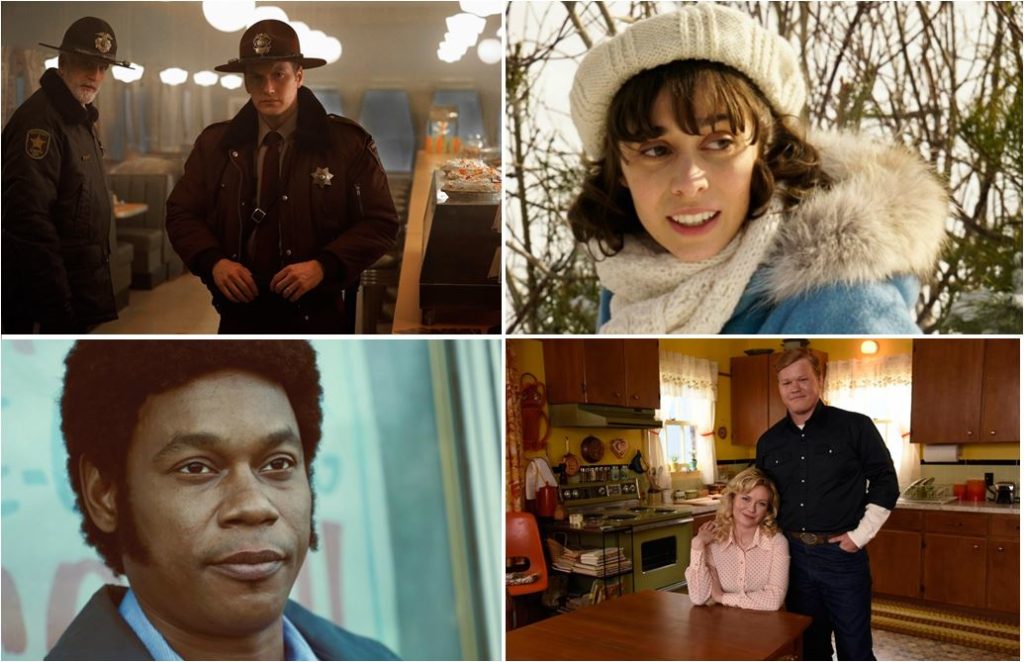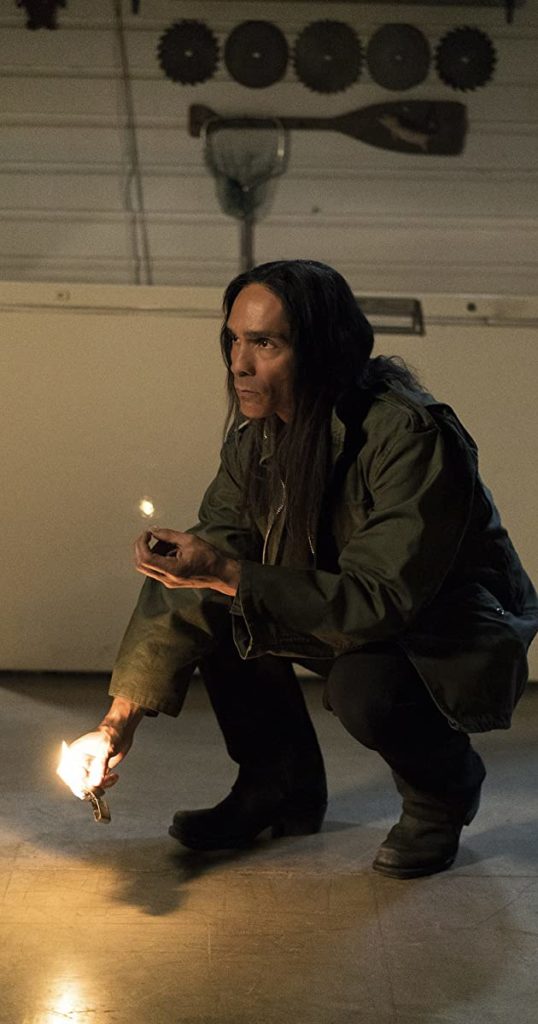Dear Harley,
You’re a Davidson, so I’m not going to bullshit: This is not a Dear John letter, but one is coming. I met another.
She is gleaming blue-black, like you. But similarities end there. She goes, perhaps, 25 miles an hour, though I’ve never opened the “throttle.” She wears a goofy silver-plated bell, one I bought for her. She’s as practical as a station wagon, and about as impressive.
Oh, and she’s electric.
I know betrayals don’t cut much deeper, and I wish there were another way. I’m a lifelong HOG rider. My mother thinks half my clothes have a skull and crossbones on them.
But the era of combustion, like newsprint, is sadly and rightly going extinct. Future civilizations will chuckle that we once had to cut down trees to get our day-old news.
So, too, they will amuse how we got around. Suddenly, it seems, electric vehicles are fast. And quiet. And increasingly hard to tell from a vehicle that runs on fire and piston bangs.
That last part is what I (and perhaps you) will miss most. A Harley makes a sound like no other, and it turns my head like a midnight doorbell. I still fire you up for 30 seconds to hear your throaty wakening and keep your fuel lines nourished.
But you have become more rite than routine, full of leather and denim and carbon fiber. The dance is beautiful, deliberate, doused in nostalgia, like roller skating in Detroit.
Speaking of which, I bought an electric car, too. I’m writing a similar letter to the smart.
What I hadn’t expected in an electric bike was the rush of the ride. It can’t recreate the scoundrel thrill of a 70 mph freeway horsey ride. But it can recreate something just as resonant: the dream of falling.
Psychologists say falling is one of the primal dreams, and I certainly have them. Slow, deliberate, with a clear view of the ground below. And 20 miles an hour on a bicycle, silent and unfastened in a park or on a golf course, is a dreamlike danger all bikers must crave. Curse you, toxoplamosis.
It didn’t help that your meals are close to $7 a gallon. I could feel the microstress every time we stood in traffic, gulping fuel, corroding sky. There’s something sane-making in an overnight power charge. It feels more aligned; my body requires an overnight charge.
As I said, this is not a Dear John letter. I’ve triked you out for my geezer body, and my geezer pride won’t let me part with you. Yet. I will always live to ride; the wheels just have to turn.
This is hard, I know. Tell you what: let’s do one of your favorite things. Let’s go set off some Beverly Hills car alarms. On the bicycle, I have to do it manually.














